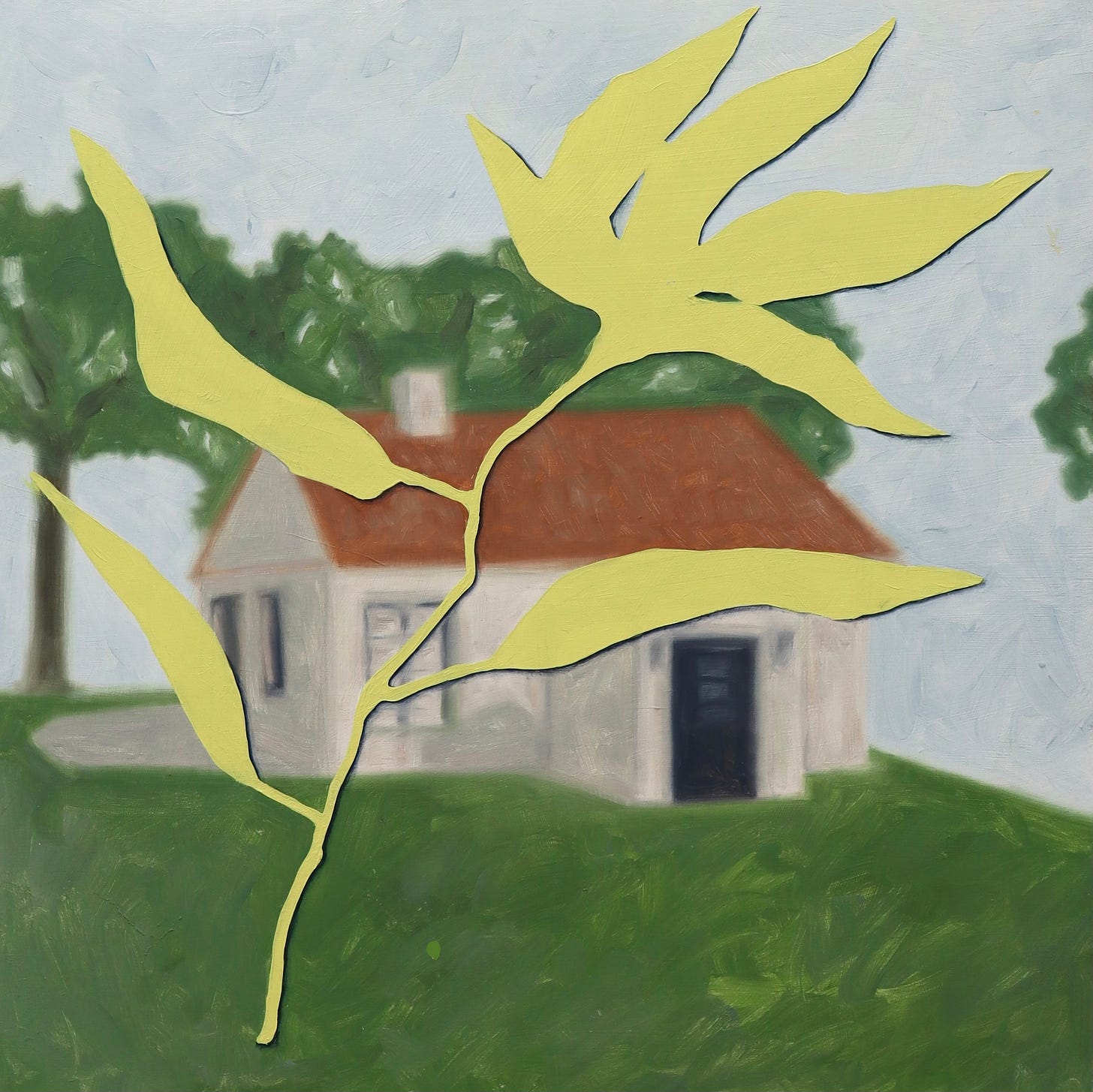A Quiet Witness
These five words I have never spoken: I know God loves me. When I've heard others say those words, I’ve always thought, I wonder how that would feel? To have felt it, and thereby know it?
I always imagined it felt magical.
I’ve been taught the words God loves you all my life. Unlike other truths, this one never made the move from my head to my heart, with the likely barrier being shame.
Shame of always feeling just a bit off, a bit different.
The feeling of being too wild (Get down from there—you’ll ruin your hair!); too questioning (Women just have other roles. You’ll love being a mother.); too unladylike (Cross your legs, and goodness, why are your feet so dirty?); too attracted to the ladies (You have been spending a lot of time with her lately . . . ); too not attracted to the boys (What was wrong with him? You’re being too picky.)
Too much (or too little) of many things. Behind all of it was a standard I felt, but never met.
Even now, as a woman walking into a new congregation at church, well-meaning people and assuming questions continue the pattern: Welcome, they say. What brought you and your husband here?
Then they learn my status: single, no children, never married. I can see the questions arise in their eyes as they try to diagnose my singleness: Is she too picky? Too unattractive? Too influenced by the world? Too attached to her career? She must be too much of something. Too little of other things.
Some are brave enough to ask it directly. Why are you still single? So I give my standard response, with a grin: I have yet to meet a man I want to spend eternity with.
Though what I wish I would say is this: Yes, I want the joy I see in your life, but the family I want does not look like yours.
Yet, to many eyes, this is the lens I’m seen through: what is missing in my life, instead of what is present. So people try to fill those holes and close the gap between me and the standard, setting me up with anyone they know to be single, or giving well-meaning (but unsolicited) advice on life or dating.
Those are some people.
Then there are others, those with different eyes. Eyes who see me—not what is missing in me or my life, but what is me. And they are the ones to whom I’ve told the real why of my singleness. They are whom I’ve entrusted with this part of me.
As I came out, to myself and to others, I realized I needed to know this: Which type of person is God? Which type are his eyes?
So I made the choice to bring all parts of myself to him. Everywhere I was too much, or too little—I’d offer it all and see what he would do. To offer everything and see what he would do. That choice was difficult, and my decision tentative because I knew, just knew, my worst beliefs would be confirmed. The confirmation would come that I need deep, drastic fixing. That his eyes fixate on the gap between me and a standard. That he sees me through a lens of what is missing.
But still, I chose to stand, with everything open to him. Arms out, holding the parts of me I assumed needed fixing—those parts of me where I was just too much. Eyes shut, hands outstretched, I braced for the coming confirmation.
And he came, and walked right past those extended parts of me.
Instead, he went to the pain surrounding them. Now I find him gently and slowly working in corners of myself I didn’t know needed healing. This has been his sermon of love to me: what his working hands have not touched. What parts of me he does not think need healing. What parts of me he has not stifled or shamed. Instead, he is growing them, teaching them, according to the plan made for me. What is being stifled are outside voices and expectations—those that were never his.
I’m starting to sense his concept of wholeness for me is one I never considered. And that my idea of love needs expanding.
I’ve read a lot about love, likely because of my struggle in feeling it. The fierce writer and theorist bell hooks wrote many books about love. She researched love and found this: That love is a verb rather than a noun. Love is an action rather than a feeling. Her research defined this verb of love as the will to extend one’s self for the purpose of nurturing one’s own or another’s spiritual growth.
His love for me is his willingness to extend himself for the purpose of my spiritual growth. His love is not a stifling or a stasis; it is growth. To grow, as in: to grow a seed, which never becomes something outside of itself; it only ever becomes what it was intended to be. I feel the movement he is making in me and in my life—it is a movement of growth, and it is growing.
I still cannot say I have fully felt God's love for me. But perhaps love isn’t solely a noun of feeling. If love is a verb, then I am witnessing it. And God knows, that feels magical.
Alisha Anderson is an artist and a writer whose work meets at the confluence of identity and earth. She received a B.F.A. from BYU, an M.S. in Environmental Humanities from the University of Utah, and an M.F.A. in Art + Ecology from the University of New Mexico.
Art by Rylee Nelson.





